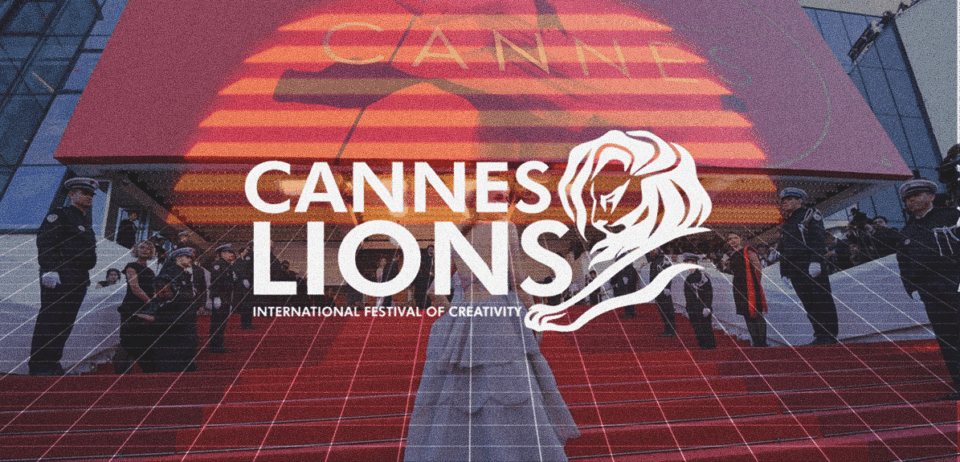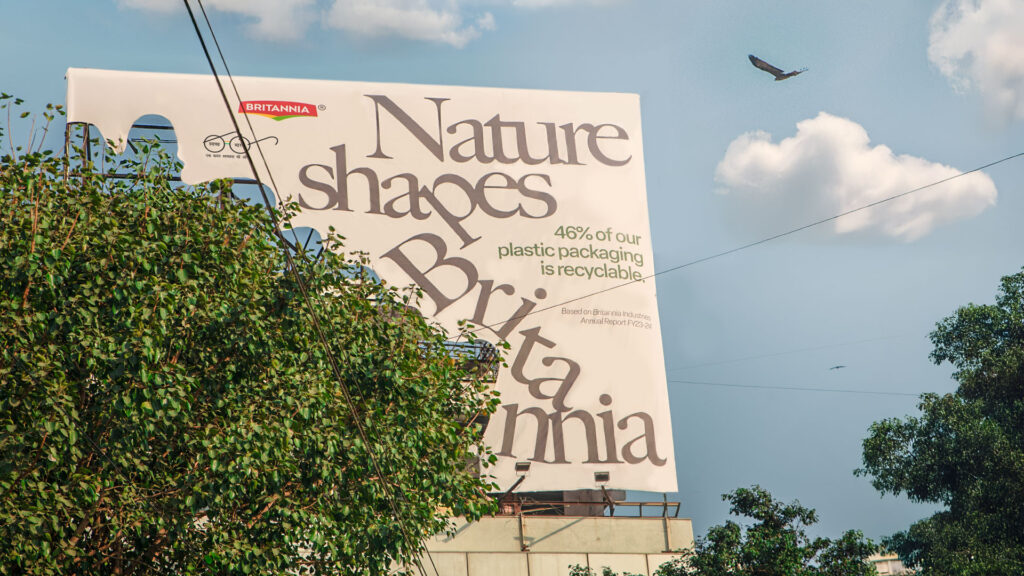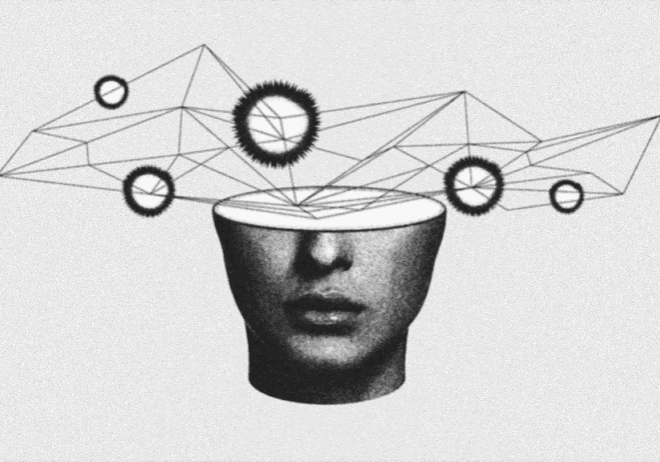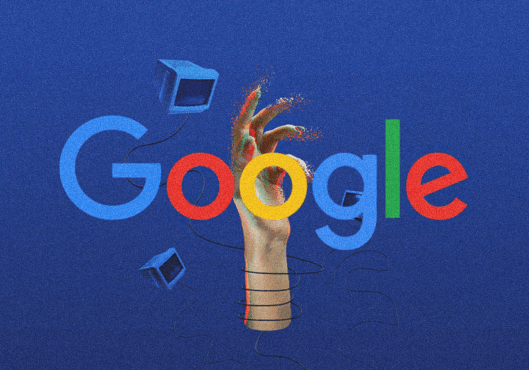
Cannes Lions 2025 Controversy: Fraud Ads, Fake Data, and the Fight for Integrity
Cannes Lions controversy surrounding several ad campaigns tainted the award’s legacy and the event. While the agencies are still posting their Lions awards with huge captions and salutations, it has become apparent that scam ads can enter such prestigious award events and even win them.
Do ad agencies think only of Cannes Lions while creating ad campaigns, or are such awards and events only extensions for appreciation?
Also, Cannes Lions must be thinking of bleaching out the stains after what happened this year. We are going in for a serious discussion that will dive deep into the sham ad campaigns and what measures Cannes Lions is planning.
A legacy stained by sham campaigns
This year’s Cannes Lions were not just about celebrating Creativity. It also exposed how fragile the festival’s credibility has become.
Several award-winning campaigns named in the controversy of being little more than polished case films without tangible impact in the real world. The controversies around Britannia’s Nature Shapes Us, FCB India’s Lucky Yatra, and DM9’s withdrawn entries revealed how the race for a Lion can overshadow the actual effectiveness of an ad campaign.
The case study of Nature Shapes Us campaign boasted as an environmental milestone for Britannia, boasting impressive sustainability statistics.
However, investigative pieces questioned whether the company’s reporting supported those claims, suggesting greenwashing rather than genuine environmental progress. Meanwhile, Lucky Yatra promised to turn everyday train journeys into “lucky experiences” for Indian Railways. The campaign quickly faded after the award entry, raising doubts about its genuine intention for real passengers.
The scandals have re-ignited the industry’s oldest criticism: scam ads—or as Latin American adland once dubbed them, “truchos”, are alive and well, designed purely for juries rather than audiences. And in 2025, they managed to taint advertising’s most prestigious stage.
When awards trump authenticity
Why do agencies risk it? The answer is brutally simple. Winning Cannes Lions still holds enormous weight in the industry. Awards can be a form of currency: they influence agency rankings, attract global clients, and boost reputations overnight.
For many creatives, the thrill of walking away with a Lion is career-defining, regardless of whether the campaign changed the world.

The industry’s obsession with awards means that impact and authenticity often take a back seat. Measuring genuine results — increased market share, customer loyalty, or behavior change, is messy, slow, and not easily condensed into a two-minute case study.
Creativity, by contrast, is subjective and much easier to dramatize for a jury. The outcome is a culture where the most captivating narrative often prevails, even if the facts are not rigorously verified.
The danger is clear: once creativity gets divorced from truth, the very value of these awards collapses. A Lion without integrity is just a prop.
The DM9 scandal: when it all unraveled
The most visible fallout came from Brazilian agency DM9, which saw its 2025 Cannes Lions campaign implode under scrutiny. The agency initially celebrated a Grand Prix win for The Efficient Way to Pay campaign for Consul Appliances. Soon after, however, evidence emerged that the entry contained doctored elements. The case film included AI-manipulated content, fabricated testimonials, and altered footage from media outlets.
Faced with these revelations, Cannes Lions issued a statement confirming that the award would be rescinded.
In the festival’s words: “Following a thorough investigation and conversations with the agency, we have mutually agreed to withdraw DM9’s entries. These works did not meet the necessary standard of factual representation.”
Additionally, DM9 voluntarily pulled two other campaigns — Plastic Blood for OKA Biotech and Gold = Death for Urihi Yanomami — accepting that they too fell short of ethical expectations.
The scandal was not just about losing awards. DM9’s leadership paid the price, with co-president and CCO Icaro Doria stepping down in the aftermath. The debacle showed that while Cannes may have reacted slowly, it could no longer afford to look the other way.
Plan to rebuild integrity after Cannes Lions Controversy
With its reputation on the line, Cannes Lions rolled out a new framework of integrity standards to be enforced from 2026 onward. The festival described them as an effort to “reaffirm the cultural and commercial value of creativity that is real, representative, and responsible.” The reforms rest on five pillars:
- Ownership and Authorship – All entries will now require a written sign-off from the agency and a senior marketer at the sponsoring brand to verify that all submitted materials are accurate.
- Veracity of Claims – A dual fact-checking process, using human reviewers and AI tools, will examine data and statements made in case films. Cannes also promised an AI Integrity Handbook to guide entrants.
- Consequences for Misrepresentation—Entries may be disqualified even after awards are handed out, and possible sanctions include multi-year bans and public disclosure of breaches
- Independent Oversight – Disputes and escalated cases will be reviewed by an Integrity Council composed of external experts.
- Annual Transparency – Cannes is committed to publishing an integrity audit each year, making its enforcement process visible to the industry.
As the festival bluntly said, “Creativity is only valuable if it’s credible. And credibility must be earned, not assumed.”
Whether these rules will be applied consistently remains to be seen. Clients may still approve claims they barely understand, and judges may be influenced by dramatic storytelling rather than hard data.
Skepticism will linger unless Cannes enforces penalties equally across big and small agencies. Still, the announcement signals that Cannes can no longer rely on goodwill to protect its brand.
However, the current situation is dubious.
The 2025 Cannes Lions will be remembered less for the campaigns that dazzled juries than those that collapsed under scrutiny.
Awards like Cannes matter because they set benchmarks for what Creativity means.
Cut to the chase
Cannes Lions 2025 controversy has painted black clouds over the integrity of the awards and the Creativity in ads. If the new integrity standards work, Cannes 2026 may be remembered as the year credibility came back. If not, the festival risks becoming a case study in its own right.


